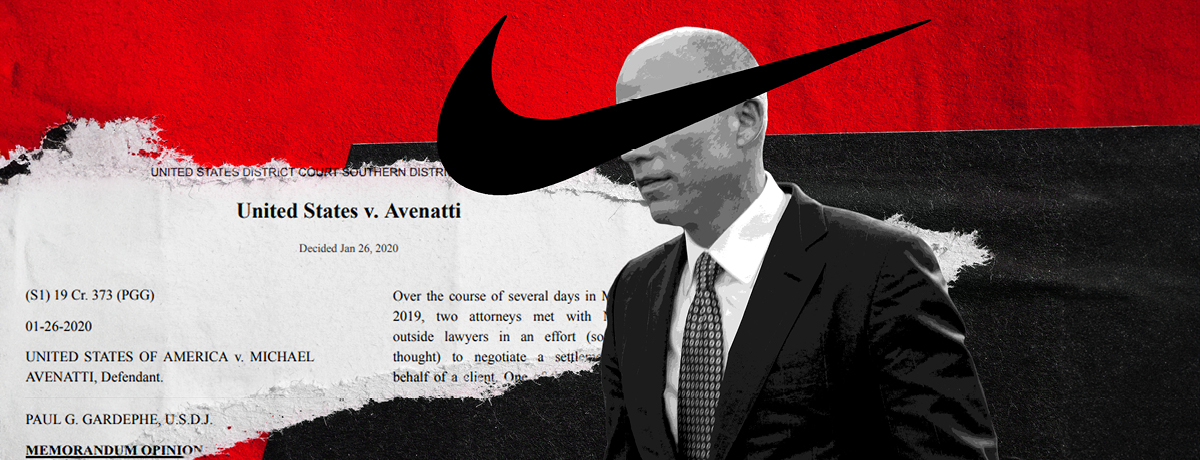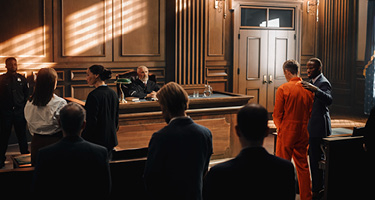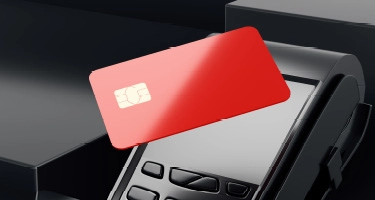In September, Michael Avenatti―the former celebrity lawyer turned convicted felon―failed to overturn his conviction for extorting Nike and defrauding his client. According to the U.S. government, Avenatti turned a settlement demand into extortion using classic company shake-down tactics. He threatened to “blow the lid” on Nike’s alleged corrupt payments at a press conference unless the company paid his whistleblowing client $1.5 million and paid Avenatti between $15 million and $25 million for him to conduct an internal investigation into the company. Allegedly facing significant debt, Avenatti was looking to profit from his client’s situation by extorting payments for himself. Avenatti’s failed appeal reinforces the ethical tenets the legal field must abide by, as Avenatti now faces 2.5 years in prison for his extortion and honest services fraud conviction, in addition to the 16.5 years for other fraudulent crimes that were later discovered.
While Avenatti’s actions may seem like a cut-and-dry case of wrongdoing, many attorneys have found themselves in the limelight for not so easily discerned cases.
What is Extortion or Blackmail?
Federal extortion law prohibits anyone who demands or receives money, or any other valuable thing, under the threat of informing or as consideration for not informing, against any violation of U.S. law. State laws generally follow this pattern but also prohibit a wider variety of extortion-related activity.
What are the Ethical Rules?
Many states―like California, Washington D.C., Louisiana, Ohio, Colorado, Louisiana, Connecticut, Massachusetts, Texas, Illinois and Florida―have professional conduct rules barring attorneys from seeking, or threatening to seek, criminal charges or disciplinary charges solely to obtain an advantage in a civil matter. While this rule may seem straightforward at first, its application is not always clear.
Recent Settlement Demand Gone Wrong
In 2022, California attorney Amy Mousavi found herself in a similar situation as Avenatti.[1] While representing a former employee of Falcon Brands, Inc. (“Falcon”), she sent aggressive emails to the company attempting to settle the client’s employment dispute.
In her first email, Mousavi requested documents from Falcon, but after no reply, she sent a second email offering to settle the claims for $490,000 and threatening to contact Harvest Health & Recreation Inc. (“Harvest”) if she did not receive a response about resolving the matter the next day. Harvest was a company Falcon was contemplating a merger with, so Mousavi claimed Harvest should be put on notice of the potential legal claim against Falcon.
Falcon’s counsel advised Mousavi not to contact Harvest, claiming Harvest was not yet an owner of Falcon and, as such, would not be a proper party to any claim. With no settlement agreement in place, Mousavi emailed Falcon stating:
I have put the attorneys for Harvest [] on notice about [my client’s] claim for wages, [***] without disclosing [the allegations of illegal conduct.] However, Harvest has requested that I forward the demand letters I have sent you [including the illegal conduct]. I am planning to [**] e-mail those letters on Tuesday. Please call me if you have any questions. Thanks.”
Falcon’s counsel then accused Mousavi of extortion, and in response, she stated:
I have been providing you with [an] opportunity to resolve this matter, but all I get from you are threats and evasiveness. I waited patiently to no avail. As stated, I will proceed accordingly. If you want to resolve this matter, now is the time.”
Ultimately, Mousavi sent the demand letters to Harvest, which included allegations against Falcon for engaging in illegal activity. This resulted in Harvest rescinding its merger agreement with Falcon. Mousavi then sued Falcon for her client’s employment claims, and Falcon filed cross-claims for extortion and intentional interference with a contract.
The trial court initially dismissed Falcon’s cross-claims, finding Mousavi’s threats were protected speech under the anti-SLAPP statute. However, the appellate court (the “court”) reversed the trial court and stated, “Mousavi's escalating series of threats ultimately transformed what had been legitimate demands into something else: extortion.”
While Mousavi’s initial emails did not cross the line into misconduct, the misconduct occurred when Mousavi emailed Falcon’s counsel in the first block quote above emphasized in bold. In that email, she stated she put Harvest on notice of the claims, that Harvest requested settlement demands (which included the claims of illegal conduct) and that she planned to email the demands to Harvest on Tuesday. The court found, at this point, her implication was clear: “Settle the case now, or Harvest will become aware of Falcon's alleged criminal misconduct next week.”
The court quoted the Supreme Court in Flatley, which stated, “[e]xtortion has been characterized as a paradoxical crime in that it criminalizes the making of [*] threats that, in and of themselves, may not be illegal. ‘[I]n many blackmail cases the threat is to do something in itself perfectly legal, but that threat nevertheless becomes illegal when coupled with a demand for money.’”[2]
Thus, “it is the threat to reveal damaging information, not any subsequent revelation, that makes the conduct illegal when the threat is linked to a monetary demand.”
Key Takeaway
The line between zealous advocacy and unlawful advocacy can easily be crossed. When entering into settlement discussions, do not make threats conditioned upon payment of a settlement amount. Combining even a lawful threat with the demand for money crosses into extortion territory.
[1] Falcon Brands, Inc. v. Mousavi & Lee, LLP, 289 Cal. Rptr. 3d 521 (Ct. App. 2022).
[2] Flatley v. Mauro, 139 P.3d 2 (Cal. 2006).
































